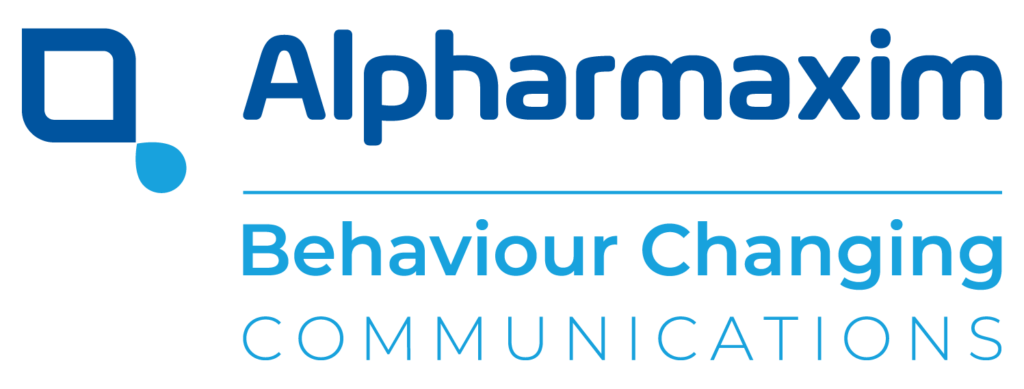The need
Our client needed to generate an increase in adherence to treatment for children with prolonged seizures. The challenges of the existing intrarectal treatment included:
- difficulty with administration
- the lack of community acceptance of intrarectal treatment as being appropriate
- lack of compliance due to lack of comfort in administering intrarectally
- low belief from healthcare professionals (HCPs) that oral administration was more acceptable and would increase compliance.
Our approach
We were able to develop a strong narrative around the reality of managing prolonged seizures by consolidating the perceptions of intrarectal treatment administration from parents, carers and patient advocacy groups with the beliefs and actions of treating physicians and healthcare teams.
Next, we worked with an EU Steering Committee of multidisciplinary experts to drive an initiative, looking at current treatment guidelines, HCP beliefs and patient/carer perspectives.
Knowing that we ultimately needed to promote a change in adherence practices, we developed a communications plan that would deliver this change via:
- country-specific publications to address different local issues and concerns
- congress activities
- advocacy group partnerships
- parent/carer information packs
- support for ‘indirect’ carers (e.g. schools).
The outcome
HCPs better understood the gap in perceptions between how well prolonged seizures were managed in the community and how parents and carers felt about intrarectal treatment. As a result, oral medication was positioned as the most effective and easy-to-use treatment, moving forward.


